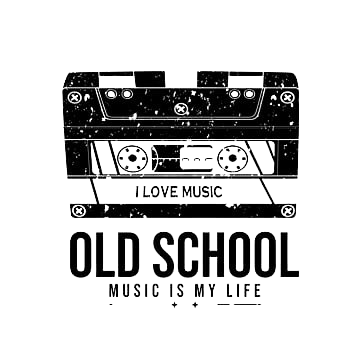Led Zeppelin won over fans almost immediately with their live shows. A series of standout performances in California before the first record came out made Robert Plant realize Zeppelin might mean something. Otherworldly concerts cemented the band’s reputation. It soon led to lucrative paydays. Led Zeppelin turned down a $250,000 payday in 1970, and it was 100% worth it.
Led Zeppelin turned down a $250,000 payday to play the 1970 Bath Festival
Music fans in the United States jumped on the Led Zeppelin bandwagon first. The Beatles remained the most popular band in England when Zep hit the scene in 1969. American promoters had no problem shelling out big money for the band, but the quartet sought to win over fans in their native country.
Led Zeppelin turned down a $250,000 payday when they had a chance to win over domestic music-lovers at the Bath Festival in June 1970.
As C.M. Kushins writes in the John Bonham biography Beast, “The band turned down a quarter of a million dollars to play in Boston and New Haven, Connecticut, that same weekend, as they were certain that a triumphant display at Bath could garner the long-overdue praise they still sought from their English audiences.”
The $250,000 payday Led Zeppelin turned down comes out to roughly $2 million in 2023 money, according to the Bureau of Labor Statistics inflation calculator. The band made a fraction of that at Bath, but it was worth it.
Turning down a huge paycheck was worth it in the end for Led Zeppelin
Led Zeppelin turned down a $250,000 paycheck to play in front of nearly 250,000 people at the 1970 Bath Festival. Saying no to a lucrative payday was worth it in the end. Playing in front of a rapturous and massive crowd helped Led Zeppelin secure fans’ love in their homeland.
The band unseated The Beatles and won most popular group in the 1970 Melody Maker poll, according to the Led Zeppelin website. It backed up Bonham’s explanation for the band’s popularity — they gave listeners the music they wanted to hear and a show worth remembering.
Kushins writes that Led Zeppelin made $100,000 for a summer 1970 concert at Madison Square Garden. They earned more than $1 million for its 20-show U.S. tour in 1971, an average of $50,000 per show. Led Zeppelin played back-to-back shows at London’s Wembley Empire Pool in November 1971. By 1973, Zep’s reputation had them playing an MSG residence and breaking concert attendance records set by The Beatles. They played five shows in a row at Earls Court in 1975.
Led Zeppelin turned down a $250,000 payday, and it was totally worth it as they gained homeland notoriety while bringing in huge concert paychecks throughout the 1970s.
The group turned one run of concerts into a money-maker
Led Zeppelin played the world-famous MSG for three consecutive nights in July 1973. On the heels of the acclaimed Led Zeppelin IV and its follow-up Houses of the Holy, those shows surely outgrossed the $100,000 they made at the venue in 1970.
The band also turned those shows into another money-making venture — the concert film and live album The Song Remains the Same. The film mixed live footage and set pieces starring each band member. It met with mixed reviews. Yet the Recording Industry Association of America certified the album platinum six weeks after its 1976 release, and it reached quadruple-platinum status in 1997.
Most bands would never turn down a six-figure paycheck. But when Led Zeppelin turned down a $250,000 payday, they made it worth their while with bigger and better concerts down the line.

